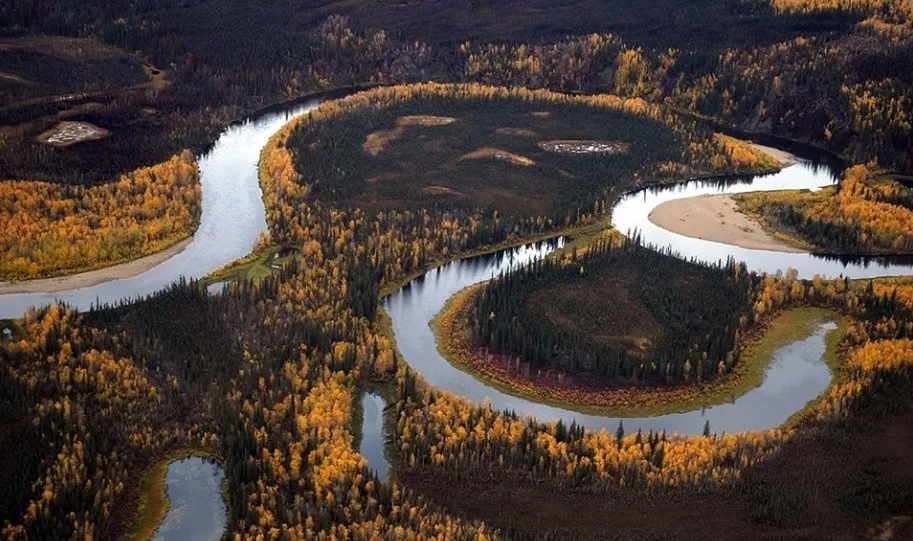What is an alluvium in geology ?
Alluvium : definition
Alluvium consists of clay and silt (fine fraction), sand (medium fraction), gravel, pebbles and blocks (large fraction). These deposits can constitute mineral resources : aggregates (gravel, sands), sometimes heavy minerals (gold, cassiterite, rutile...).
The term alluvial deposit (or placer) is usually reserved for alluvium containing sufficient quantities of useful minerals or ores (gold, platinum, diamond, sapphire, rutile, kaolin...) to justify extraction. These placers are formed by mechanical sorting operated by water in alluvial streams or on beaches. In the latter case they are often referred to as black sands (due to the dominance of black minerals such as ilmenite or magnetite for example), or red sands (dominance of garnets).

